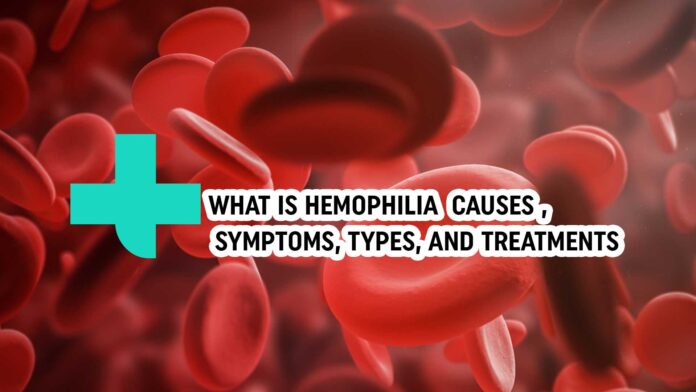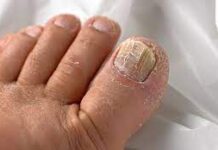Hemophilia is a rare genetic disorder that affects the body’s ability to control blood clotting. The condition is caused by a deficiency or absence of certain proteins, known as clotting factors, which help to control bleeding. Hemophilia is classified into three types, namely hemophilia A, hemophilia B, and hemophilia C, based on the clotting factor deficiency.
Causes: Hemophilia is a genetic disorder caused by a mutation in the genes responsible for producing clotting factors. The genes are passed down from parents to children in an X-linked recessive pattern, meaning the mother is a carrier and the son is more likely to inherit the disease. However, in rare cases, hemophilia can occur in people with no family history of the condition due to spontaneous genetic mutations.
Symptoms: The most common symptoms of hemophilia are prolonged bleeding and easy bruising. Other symptoms may include:
- Joint pain and swelling
- Muscle pain and weakness
- Blood in urine or stool
- Excessive bleeding after a cut, surgery, or dental work
- Nosebleeds that do not stop easily
- Bleeding into the brain or other organs (in severe cases)
Diagnosis: Diagnosis of hemophilia typically involves a blood test to measure the levels of clotting factors in the blood. If a person has low levels of clotting factors, further tests may be done to determine the type and severity of the hemophilia. Genetic testing may also be done to confirm the diagnosis and identify carriers of the disease.
Treatment: The primary treatment for hemophilia is replacement therapy, which involves infusing clotting factor concentrates into the bloodstream to increase clotting ability. The frequency and amount of treatment depend on the severity of the hemophilia. Other treatments may include:
- Desmopressin (DDAVP) to increase the body’s production of clotting factors
- Antifibrinolytic drugs to prevent the breakdown of clots
- Pain relievers and physical therapy for joint and muscle pain and swelling
- Surgery in severe cases to remove damaged joints or prevent bleeding into the brain or other organs
It is important for people with hemophilia to avoid activities that can cause injury or bleeding, and to maintain a healthy lifestyle to minimize the risk of complications.
































